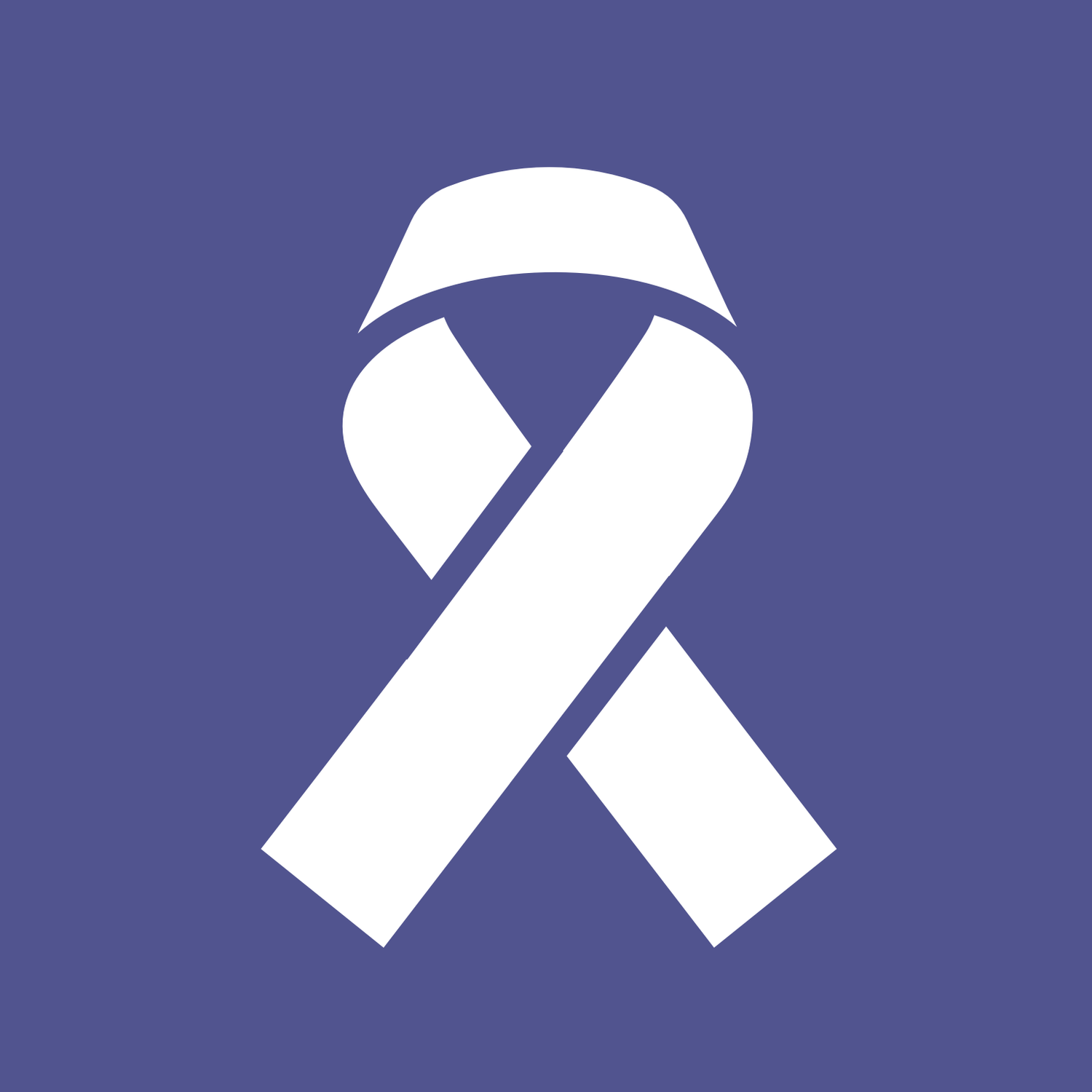What Matters Most in Healthcare: Your Experience or Your Outcome?
Experience surveys in healthcare are about the process of delivering it: things like "how long you wait." Outcome surveys on the other hand are how you feel as a "result" of your treatment. Understanding the difference and continuing to engage with the right one will be critical to the future of our health and of our health service.
We're all getting bombarded with surveys. Whether it's at an online order, taxi driver or the hospital. It's easy to get fed up. Buying a news paper just the other day I was asked a satisfaction survey at the self-checkout before I could even finish paying. These constant surveys can feel like a nuisance. Instead of asking us useful questions, they seem to just add to our frustrations.
Most if not all of these surveys are experience questionnaires. In hospitals, they might ask, "Were the staff courteous?" or "How was your wait time in the ER?" This feedback is important, but it's often more about meeting targets or saving costs than actually helping patients. They measure how well the process went, not the outcome.
Donald Berwick in 1997 said: The ultimate measure of success in health care is outcomes as patients and their families see it.
In the last 20 years, there's been a big shift in how we think about health and how it's measured. Traditional methods, like clinical tests, are now often supplemented or replaced by Patient Reported Outcome Measures (PROMs). PROMs ask patients directly about their health and quality of life, from their own perspective. Questions might include, "Have you been sleeping well in the last week?" or "How would you rate your coughing?"
These outcomes are crucial because they're the questions we naturally ask each other and are vital to understanding true patient health. However, outside of clinical trials, they haven't been widely used. Since 2009 in the UK, PROMs have only been used post-surgery for conditions like hip and knee replacements, hernias, and varicose veins.
Martha Hostetter and Sarah Klein from The Commonwealth Fund emphasise that patient feedback is essential. They argue that true healthcare performance is measured by whether it helps people recover, manage chronic conditions, and face the end of life with dignity.
The King's Fund, a leading UK healthcare think tank, supports this view. They state that capturing patients' perspectives is vital for patient-centered care. PROMs can improve clinical decisions, service quality, and healthcare policy by providing insights that traditional methods miss.
We’re not suggesting you stop filling out experience surveys, but we want you to understand that not all surveys are the same. Outcome-based questionnaires or PROMs are different and have the potential to transform healthcare. This can only happen if patients use their voices and participate in these surveys.
The Patient Voice in Modern Cancer Treatment
Advances in cancer treatment mean patients are living much longer. Many cancers can now be "cured," and those that can't can often be managed as chronic diseases. In these circumstances, patients rightfully want to know ‘What will be their quality of life during this time.’
Additionally, society must manage the high costs of these treatments. Unfortunately, some healthcare regulators focus on cost control rather than evaluating and managing treatments properly. We need better data to remove ineffective therapies and replace them with better ones, quickly. Moreover, we need to compare new treatments based on how well they extend life AND improve quality of life. We can only do that by getting better at collecting the data that records quality of life and patients’ symptoms.
Only patients can do this, and the only practical way of doing it is through an ongoing digital diary that records Patient Reported Outcome Measures (PROMs). If you have lung cancer or mesothelioma, please download Your Health Companion and contribute your data to research. It takes less than 10 minutes a month.
Make your voice heard - make research count.
We encourage patients to sign up for Your Health Companion today:
It is easy to get started and each month, it takes just 10 minutes to complete. Either download from your App store – search for ‘Your Health Companion’ - or use on your desktop computer via this website: www.health-companion.me
